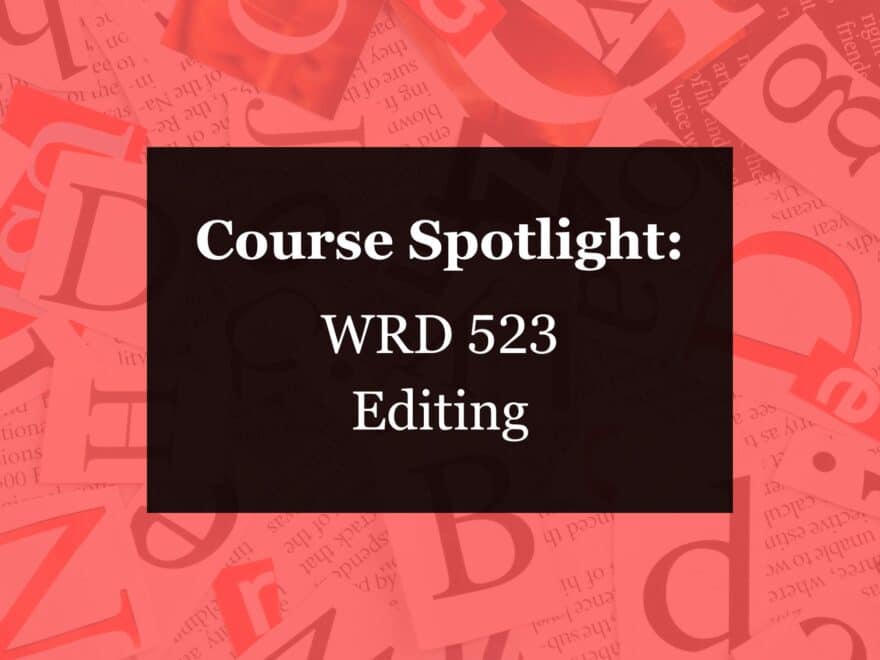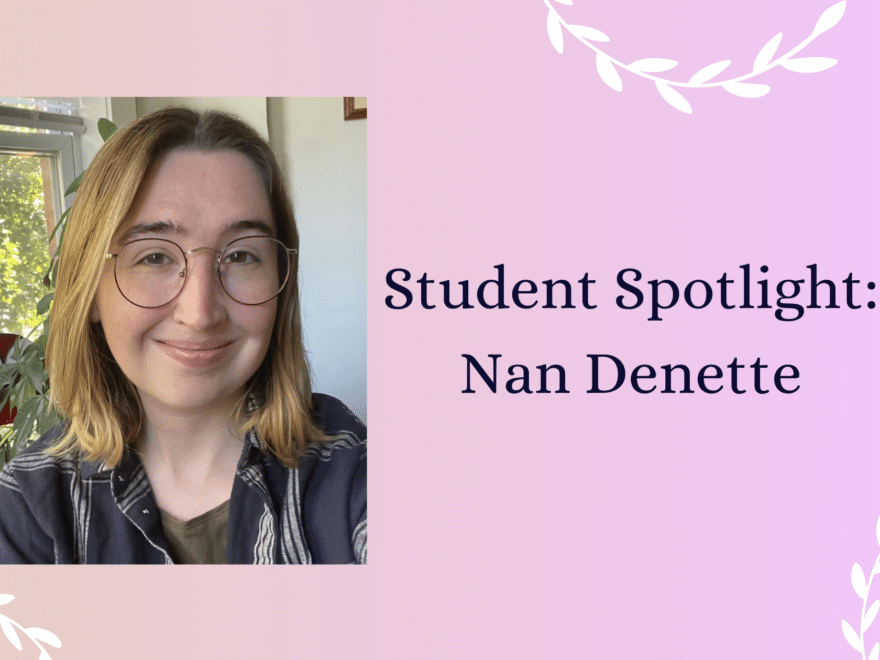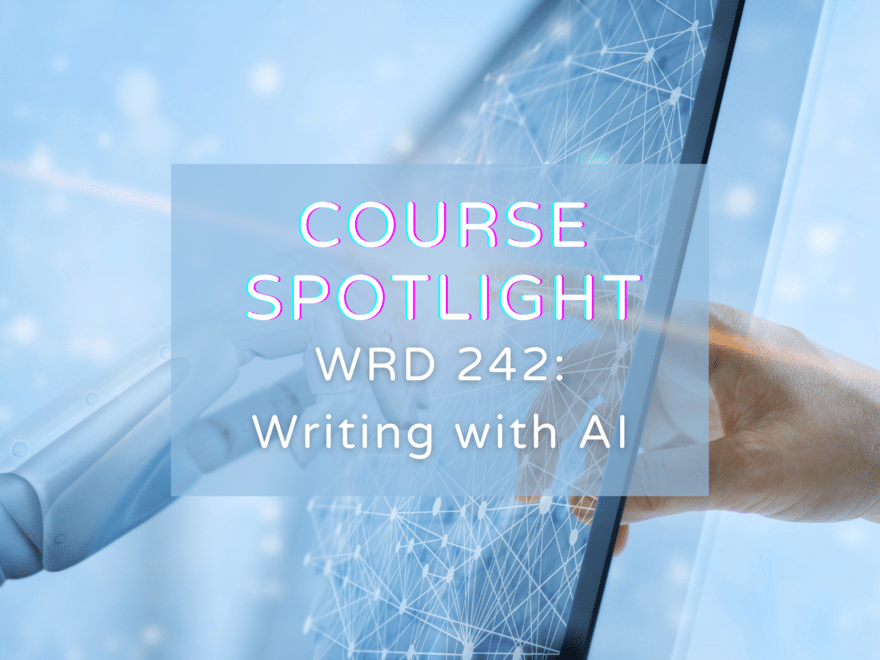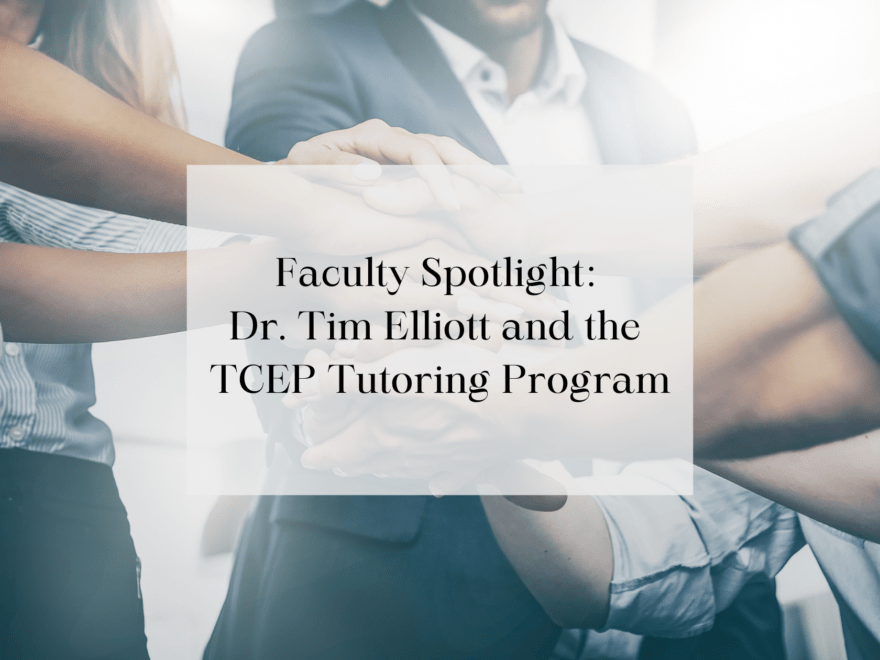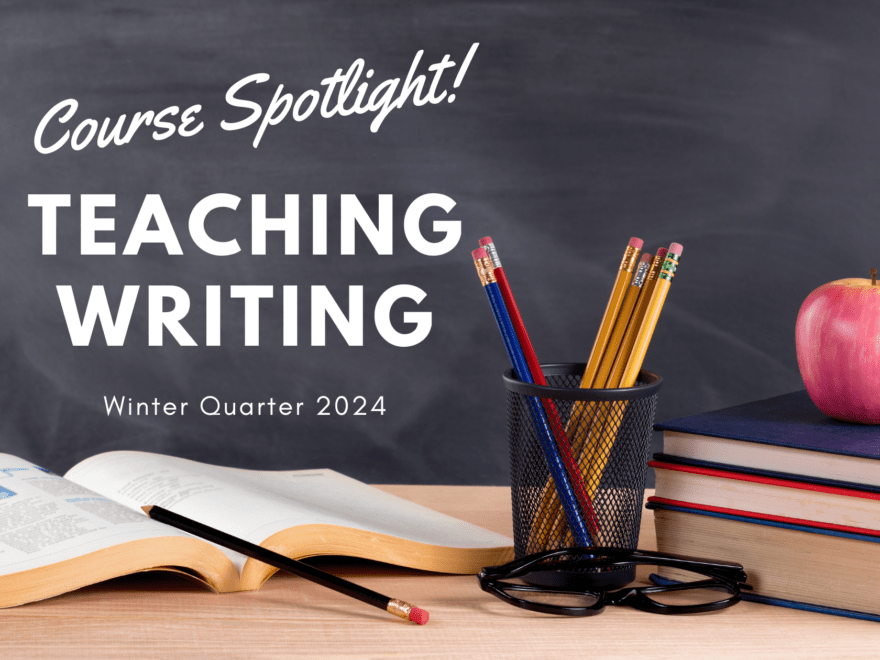As course registration is soon to open for Spring Quarter 2024, learn more about WRD 523 Editing taught by Dr. Tim Elliott. Here, Dr. Elliott reflects on WRD 523 and what it offers to students who enroll. Course Goals and Learning Outcomes WRD 523 is a class that opens doors. Students will learn how to edit all different kinds of writing, from resumes and cover letters to documentation from a local partner organization. In class we’ll learn an array of concepts and strategies, like rhetorical grammar, technical writing principles, style guides, and more. But the lessons students will learn in
Continue reading